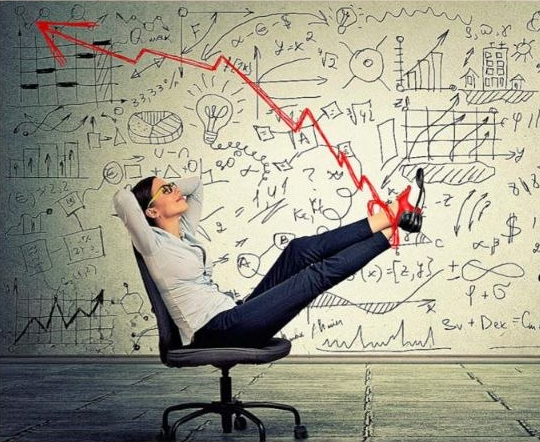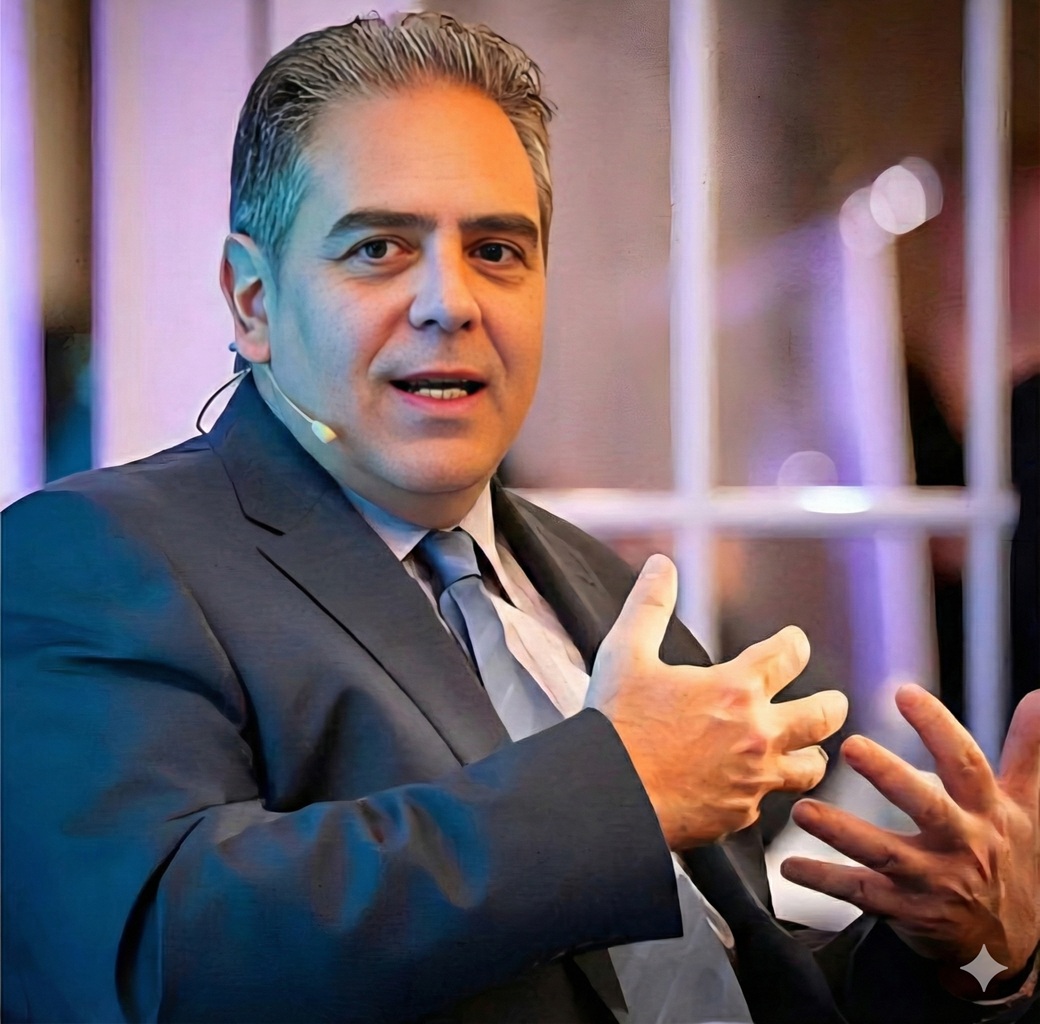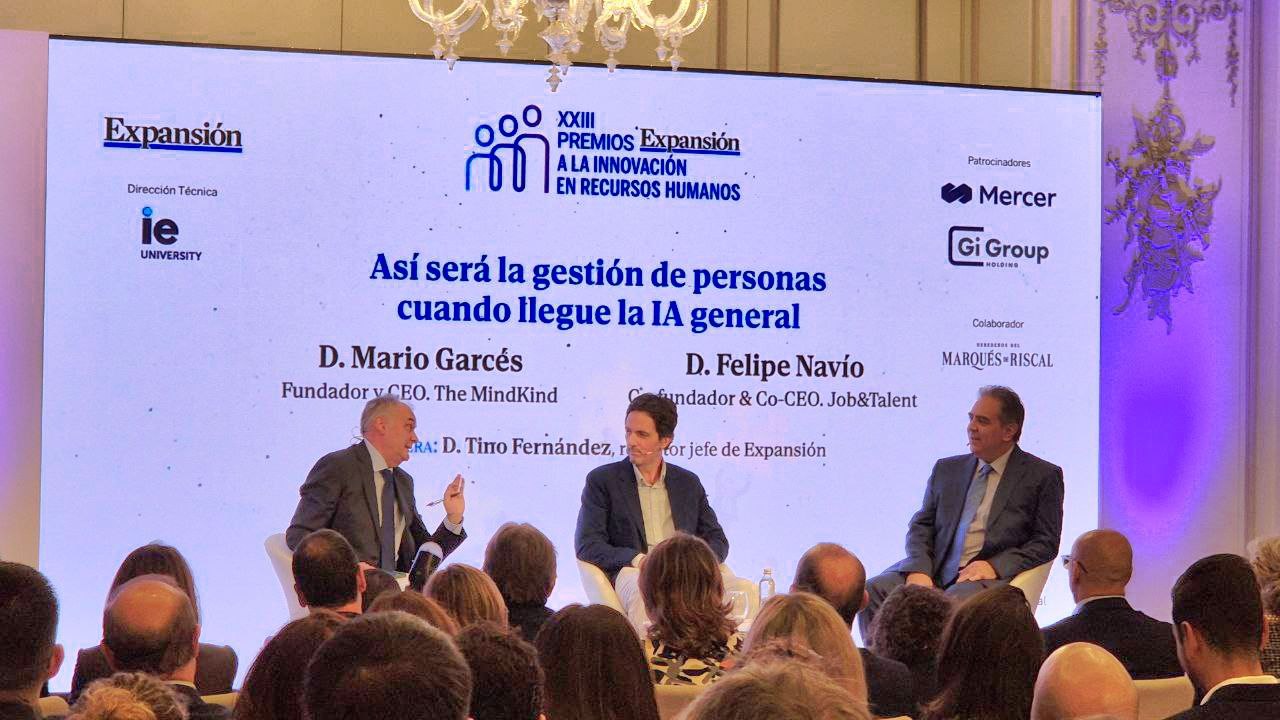HYPOTHESIS AND THEORY article
Front. Integr. Neurosci., 05 April 2019
Volume 13 - 2019
https://doi.org/10.3389/fnint.2019.00011
Emotional Theory of Rationality
Mario Garcés1*†
- 1Department of Emotion, Cognition and Behavior Research, DAXNATUR S.L., Majadahonda, Spain
- 2Department of Sociology, Methodology and Theory, Universidad Complutense de Madrid, Madrid, Spain
In recent decades, the existence of a close relationship between emotional phenomena and rational processes has certainly been established, yet there is still no unified definition or effective model to describe them. To advance our understanding of the mechanisms governing the behavior of living beings, we must integrate multiple theories, experiments, and models from both fields. In this article we propose a new theoretical framework that allows integrating and understanding the emotion–cognition duality, from a functional point of view. Based on evolutionary principles, our reasoning adds to the definition and understanding of emotion, justifying its origin, explaining its mission and dynamics, and linking it to higher cognitive processes, mainly with attention, cognition, decision-making, and consciousness. According to our theory, emotions are the mechanism for brain function optimization, aside from the contingency and stimuli prioritization system. As a result of this approach, we have developed a dynamic systems-level model capable of providing plausible explanations for certain psychological and behavioral phenomena and establishing a new framework for the scientific definition of some fundamental psychological terms.
Introduction
What is the relationship between emotion and cognition? If emotions have been historically considered as a “noisy interference” for cognitive processes (Simon, 1967), why does then emotions even exist?

















